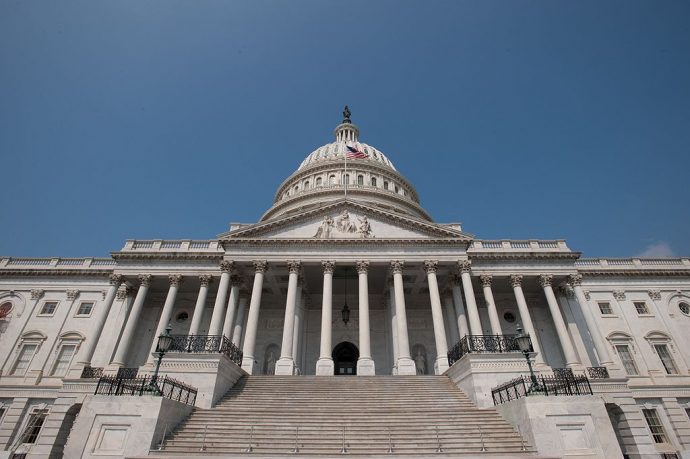“Insanely corrupt” is right. Why don’t we hear more about this? Here is Mark Hemingway writing at The Weekly Standard:
Insider trading based on legislative maneuvering is as prevalent as ever.
Of all the crazy ways that members of Congress are above the law, the fact that politicians and their staff are largely immune from insider trading laws has to be near the top of the list. (Oh and it’s also a problem for federal employees.) It boggles the mind to think of the conflicts of interest created by trading shares of businesses that are affected bylegislation that you’re involved in writing, and it’s legal. Earlier this year, Buffalo congressman Chris Collins, known for making suspect tradeson congressional knowledge, was overheard by reporters bragging in an elevator, “Do you know how many millionaires I’ve made in Buffalo the past few months?” And HHS Secretary Tom Price was grilled about insider trading during his recent confirmation hearings—he and Collins had even invested in the same small biotech firm, while Price sat on committees that affected its business.
It’s not supposed to be this way. After being repeated public shaming, Congress passed the Stop Trading On Congressional Knowledge (STOCK) act in 2012 with near-unanimous votes in both chambers. But it was quietly amended to loosen up the rules in 2013, and the STOCK Act had a lot of loopholes to begin with.
This week, Politico had a report confirming that the problem is as bad as ever. Among the findings:
- Three in 10 members of Congress made a stock trade over the past two years
- All told, they made over 21,300 trades
- The top 12 traders are responsible for two thirds of those trades
- Approximately 7,300 trades are attributable to a single congressman, Mike McCaul of Texas
- 31 percent of Republicans made a trade, as did 28 percent of Democrats
- 39 percent of senators made a trade, versus just 28 percent of the House
Read more: The Weekly Standard
Image credit: www.thepulse.com.


